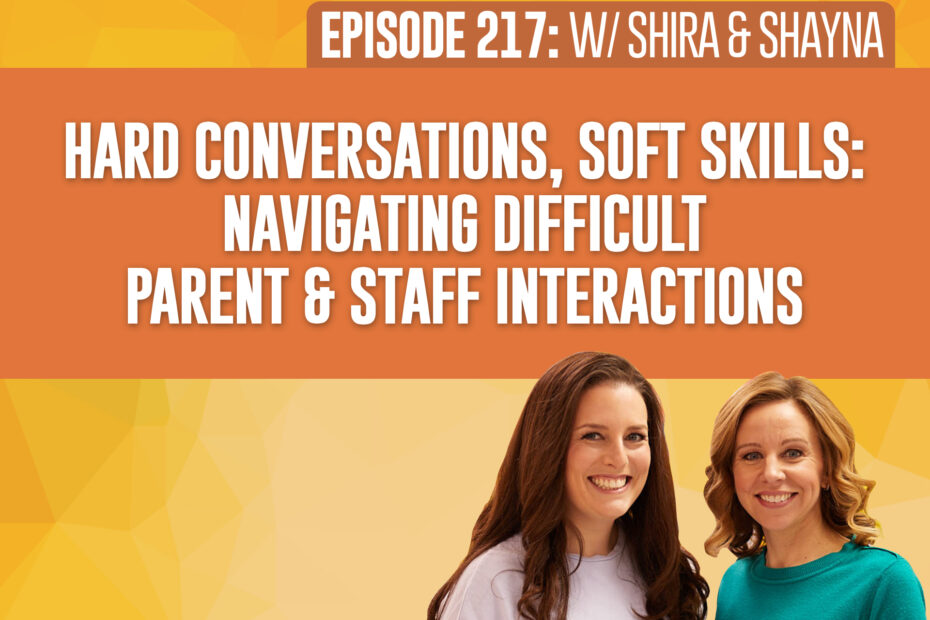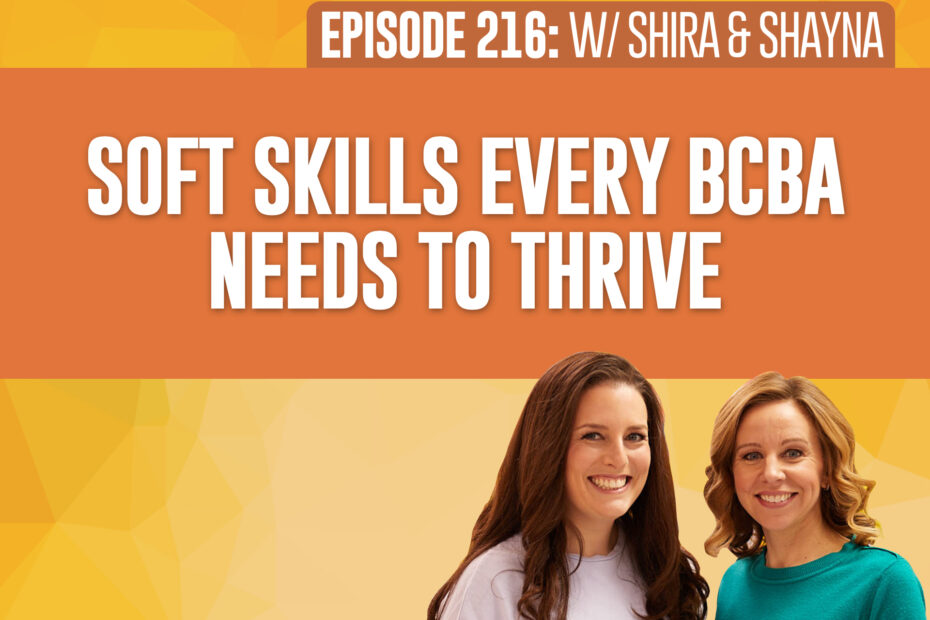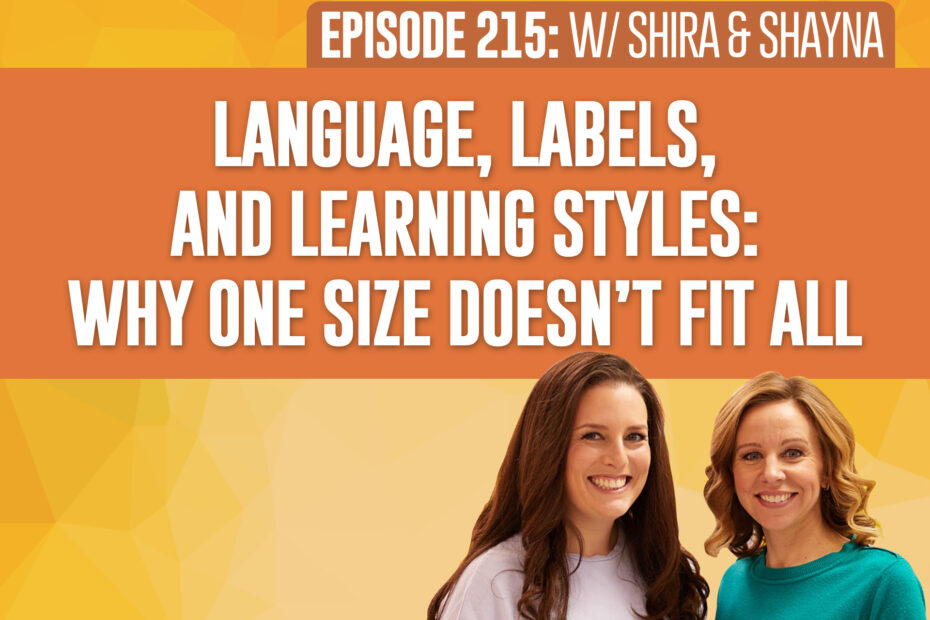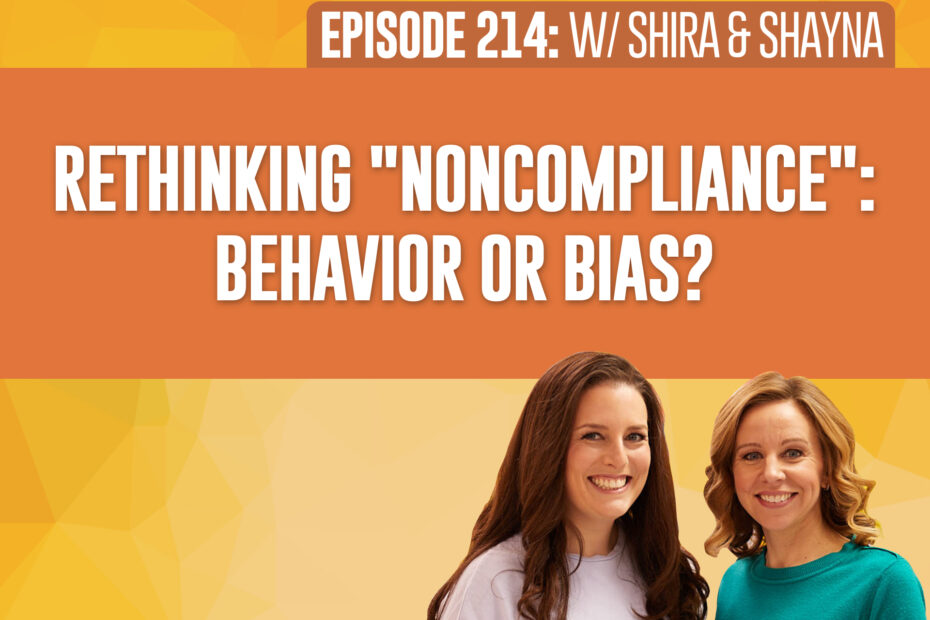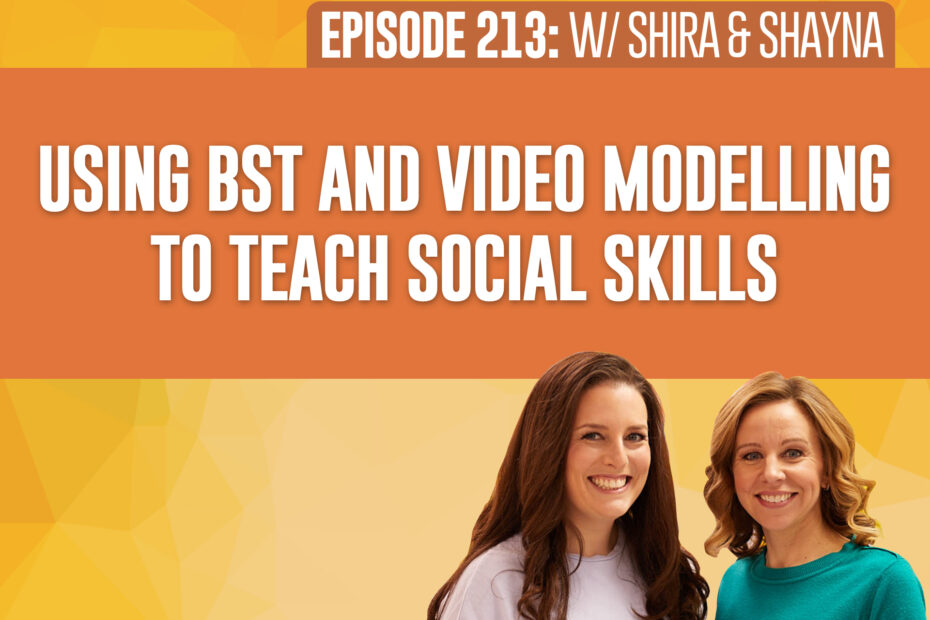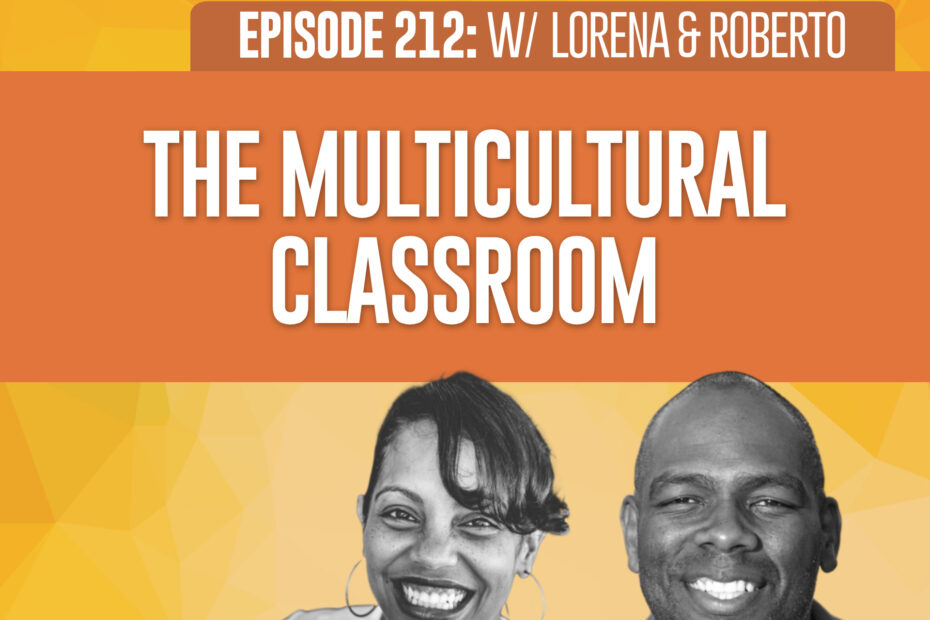Episode 217: Hard Conversations, Soft Skills: Navigating Difficult Parent & Staff Interactions
Hard conversations are part of ABA practice, whether it is addressing a parent’s concerns or coaching a staff member. These moments can feel stressful, yet when handled with empathy and clarity, they can actually build trust and strengthen relationships.

